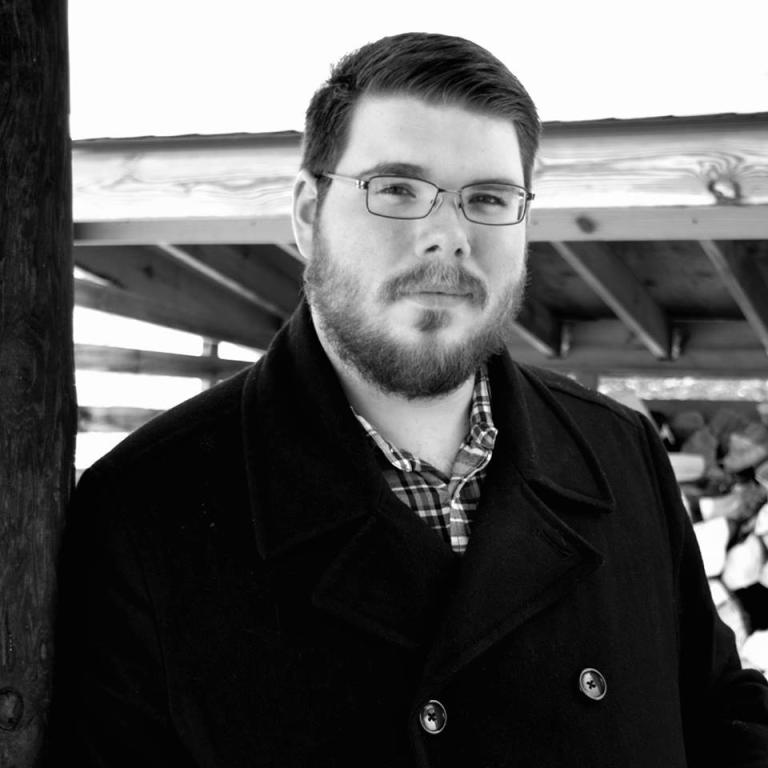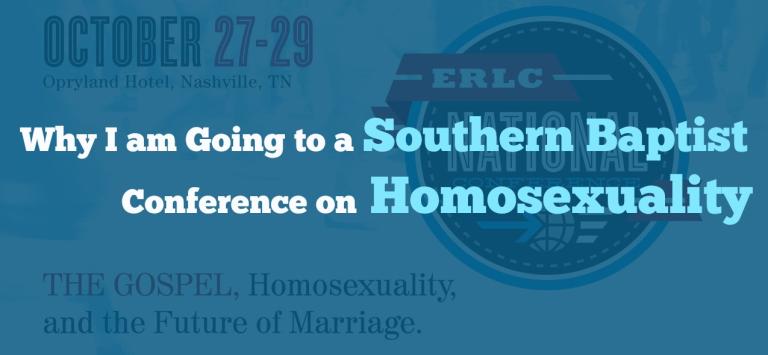The following is a small, unedited excerpt from my upcoming book, Nomad: Not-So-Religious Thoughts on Faith, Doubt, and the Journey In Between.
During the summer of my freshman year in college, I went on a choir tour to Greece and Cyprus.  During our tour of Athens, after climbing up the long, rugged staircase that leads to the Acropolis, we took a moment to stop and look out over the ancient city. The view was breathtaking. As we began to wander around the ancient temple, our tour guide noted that for a number of centuries the Pagan temple to the goddess Athena had actually been converted to a Christian church. Of course, this peaked the interest of a group of Bible college guys.
During our tour of Athens, after climbing up the long, rugged staircase that leads to the Acropolis, we took a moment to stop and look out over the ancient city. The view was breathtaking. As we began to wander around the ancient temple, our tour guide noted that for a number of centuries the Pagan temple to the goddess Athena had actually been converted to a Christian church. Of course, this peaked the interest of a group of Bible college guys.
Our guide went on to explain that during the crusades, the mighty Christian army was speeding towards Athens with the mission of killing everyone in the city who did not profess faith in Christ. The quick-witted people of Athens devised a plan to save themselves and their metropolis, filled with magnificent temples and shrines to their pagan demigods. When the crusaders approached, the Athenians flocked to the banks of the sea and were “baptized” Christian. Following this magnificent conversion, they made their way back up to the temple of Athena with the crusaders. Yet instead of calling it a temple of Athena, they claimed it was a sanctuary to Mary, the holy mother of God.
As you can imagine, this greatly pleased the mighty crusaders who believed that Mary was the protector of them on their mission to Christianize the world by force. So the crusaders moved on, leaving very little damage or bloodshed in their wake. After the crusaders were long gone, the new converts simply reverted to their old pagan practices. The cunning minds of the Athenians had out-smarted the crusaders and saved their lives, their culture, and their religion.
How much of our culture in America is just like this? How many politicians and celebrities feel compelled to embrace the label “Christian” in order to appease the powerful evangelical population in our nation? Over the short history of the Untied States, Christians have continued the legacy of the crusaders, believing that we have a divine mandate to “win our nation for Christ”, which, ironically doesn’t mean living as lights in our communities, loving our neighbors, doing justice, or even sharing the Gospel. Instead, that means winning positions of cultural and political power and authority and imposing our worldview and values on a nation in which our perspective is increasingly becoming minority. We feel compelled to fight for prayer in our public schools and for Creationism to be taught in the classroom, but what part of the great commission does that fit into? We vocally war against legislation to support same-sex couple’s civil right to be married under the law, claiming that marriage is “our” institution. But when did Jesus, or Paul, or Peter, or anyone ever ask us to do that? As we force our worldview and values on a nation that cannot relate to them, it is not wonder that there is such a negative perceptions of Christianity.
Because if that’s Christianity even I want nothing to do with it.
Thankfully, that’s not the faith modeled by Jesus. That’s not the way of the Kingdom. The truth is that the Good News of the Gospel is not actually synonymous with FOX News…or MSNBC for that matter. It’s better than that. It transcends political, social, ethnic, sexual, religious, economic, and gender divisions and brings us all together as one new humanity in Christ. The whole concept of warring against our culture or of non-Christians is an idea that is completely foreign to the scriptures because the Christian way isn’t one of shoving our ideas and values down the throats of our neighbors, but is instead, finding creative ways to live as followers of Christ within every culture. If the example of the early church tells us anything, it is that the way of Jesus can and must be adapted to and molded to fit within different cultural contexts. Christians are called to be creative, discovering innovative ways of expressing our faith in ways that are consistent with our cultural context.
For example, in Acts 17, as the Apostle Paul is preaching to crowds of Greek scholars and philosophers. When he describes the Gospel to these well educated, cosmopolitan men, he references and eclectic mix of Greek poetry, religious tradition, and philosophy to communicate what it is that Christianity is all about. In the centuries following, as Christianity spread throughout the world, missionaries adapted the message and practices of the Christian faith to reflect the predominate cultural norms in each society. In many pagan cultures, the Sun god became the “Son of God”, using the same images and icons that the pagans had been familiar with but adapting the narrative of the Sun god to reflect the Gospel account of Jesus. This wasn’t a way of watering down the message of the faith nor was it a sly tactic in order to trick converts. Rather, it was understood that because of the universality of the Gospel message, it could and should be incarnated into each culture, representing God’s unique word of salvation to every nation, tribe, tongue, and people group.
The modern pursuit of winning over the culture is ultimately a pursuit of power and domination. In the Western World, Christians have enjoyed a position of privilege for centuries. We have been at the forefront of the creation of culture and have often been the ones who have held the highest positions of power in the world. And while Christianity has made many great contributions over the centuries, the truth seems to be that whenever Christianity is given power and prominence, it ceases to be authentic Christianity. Whenever Christians become obsessed with the pursuit of political power they fundamentally become out of step with the way of Jesus. Jesus demonstrated this time and time again in his life. The least are the greatest in the Kingdom of God and the first will be the last. Those with the least privilege and power, according to Jesus, are the ones with the most potential to change the world.
History has even proven this. Major transformation has never come from the White House. Instead, those who have changed our world for the better are those who had little power, prestige, or privilege. Mother Theresa, Martin Luther King Jr., and Mahatma Gandhi to name a few of the more popular examples. But there are countless others who live their lives according to the subversive rhythms of the Kingdom of God each and every day that are bringing substantial transformation to their communities, cultures, and world. We may never know their names. Their communities may even marginalize them. They may never have much material wealth in this life.
But the truth is that God is pleased to make his appeal and to work through these men and women- the least of these. At the time of the writing of this post, I have been living in Washington D.C. for just a few months. But even after this small amount of time engaging in the political sphere, I have already been utterly convinced that if the hope of our nation and world lies in politics and lawmakers, we are most certainly doomed. Policies and laws have can have substantial effects on the lives of a nations citizens, but if we are looking for true, substantial transformation, that can only come through men and women who live humbly and subversively as incarnations of Christ in their culture.










